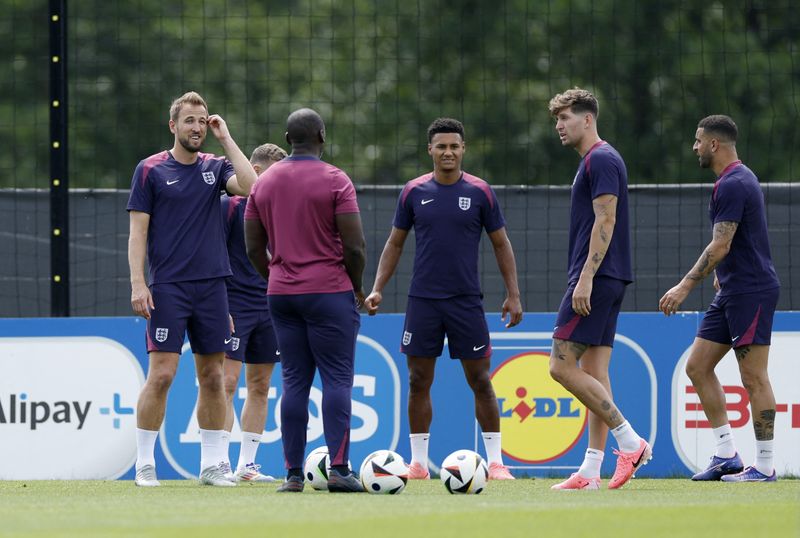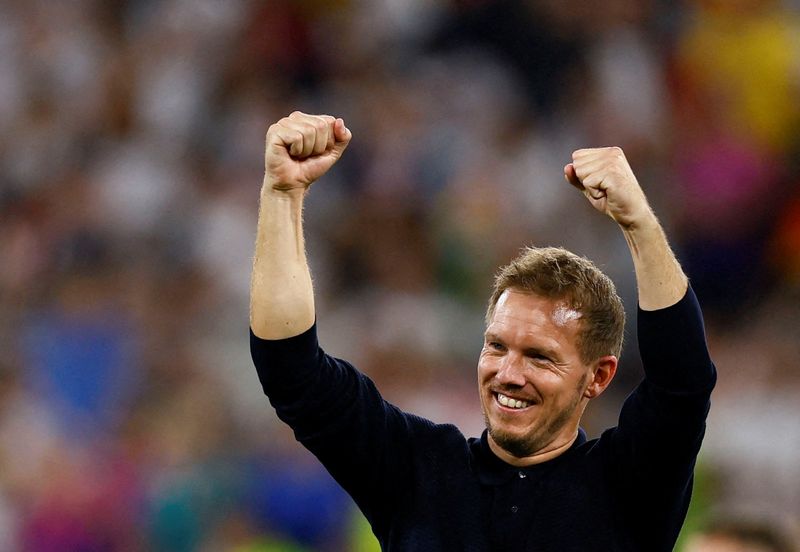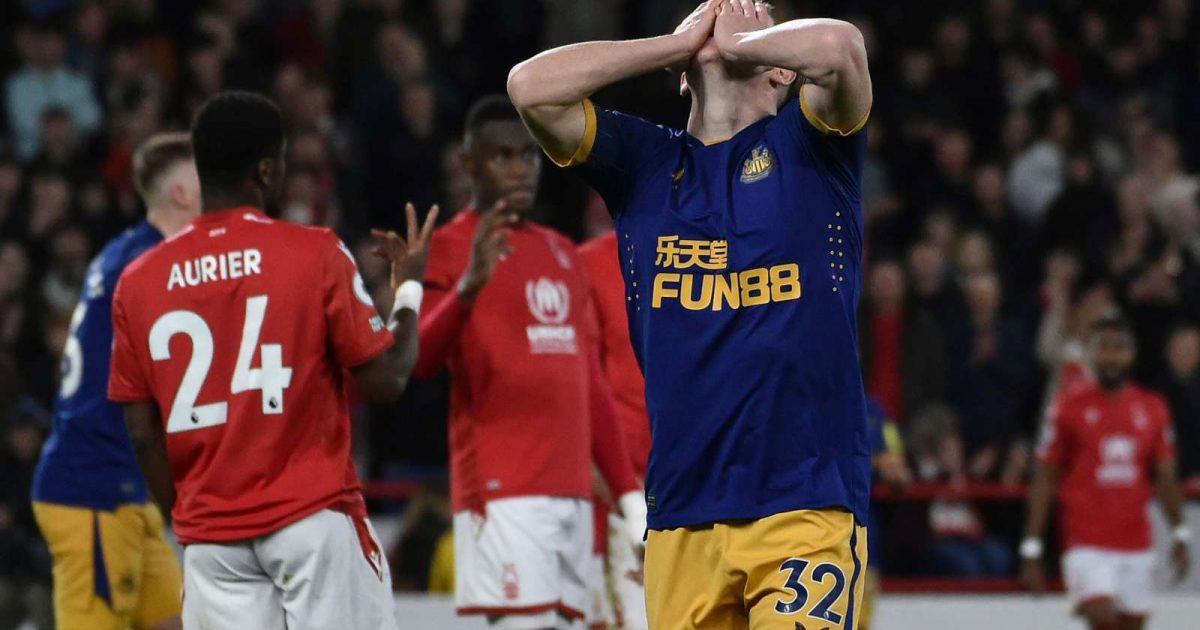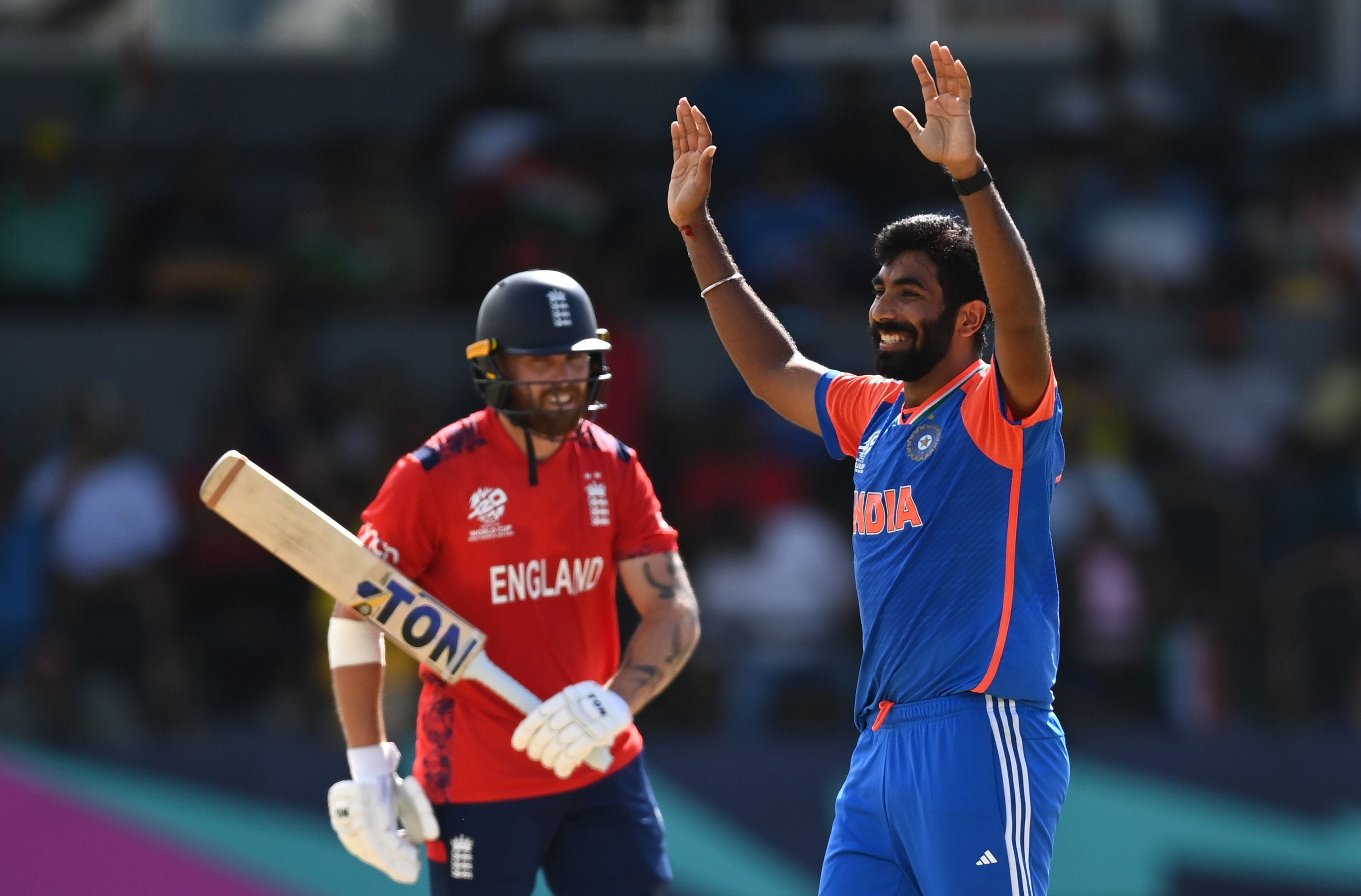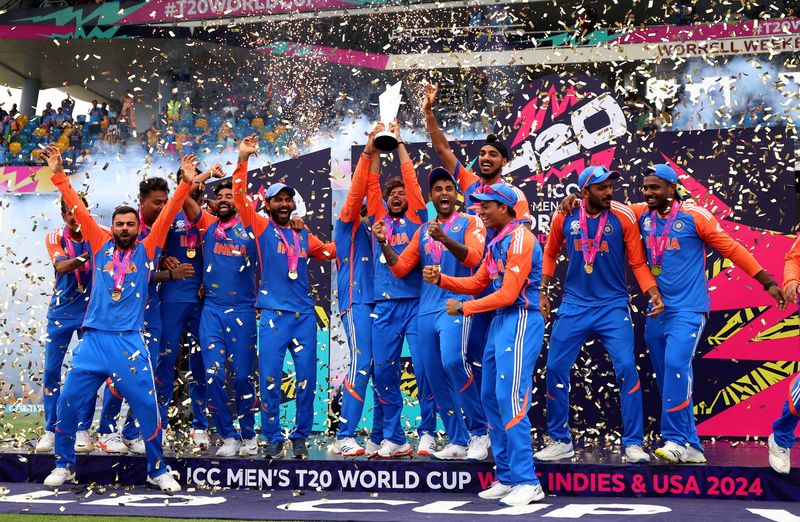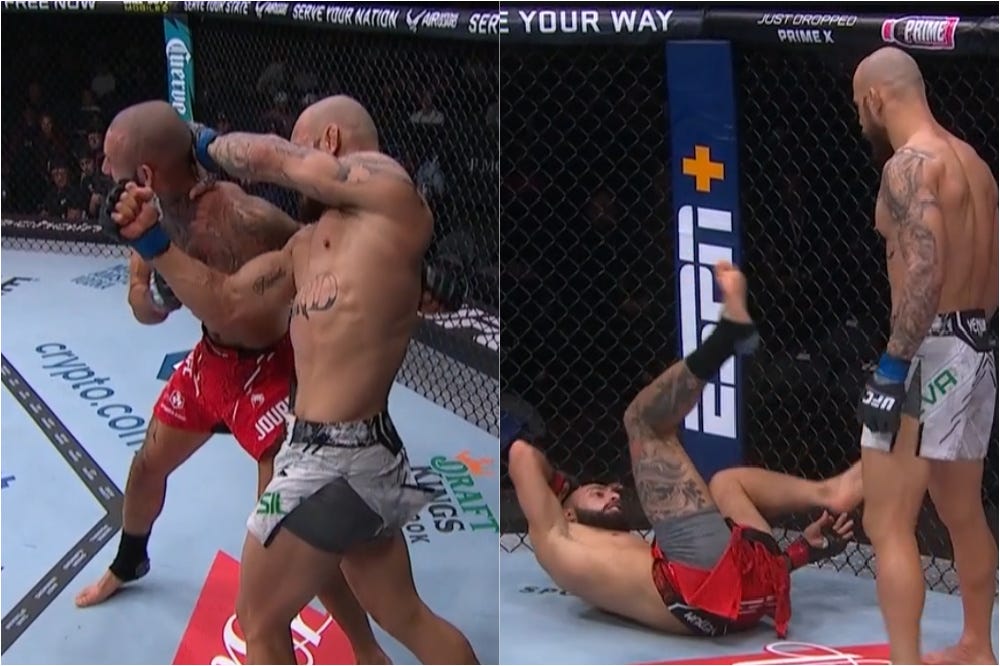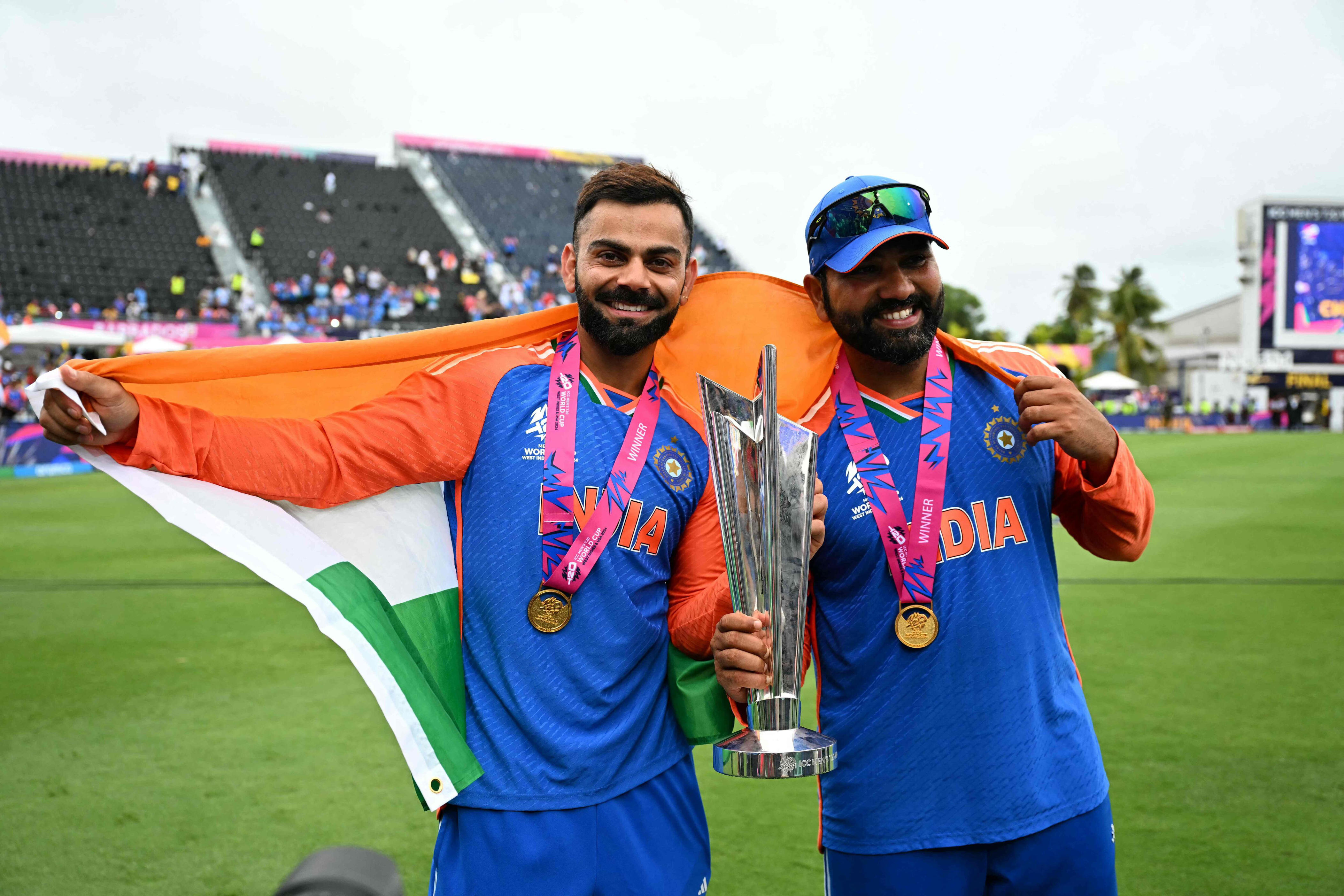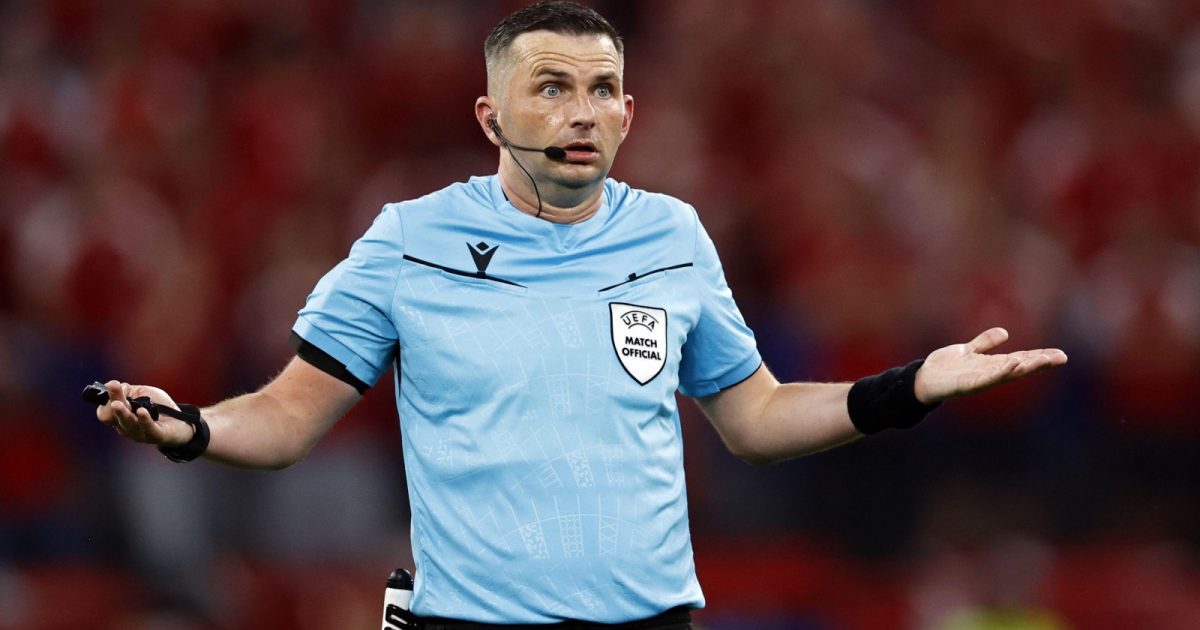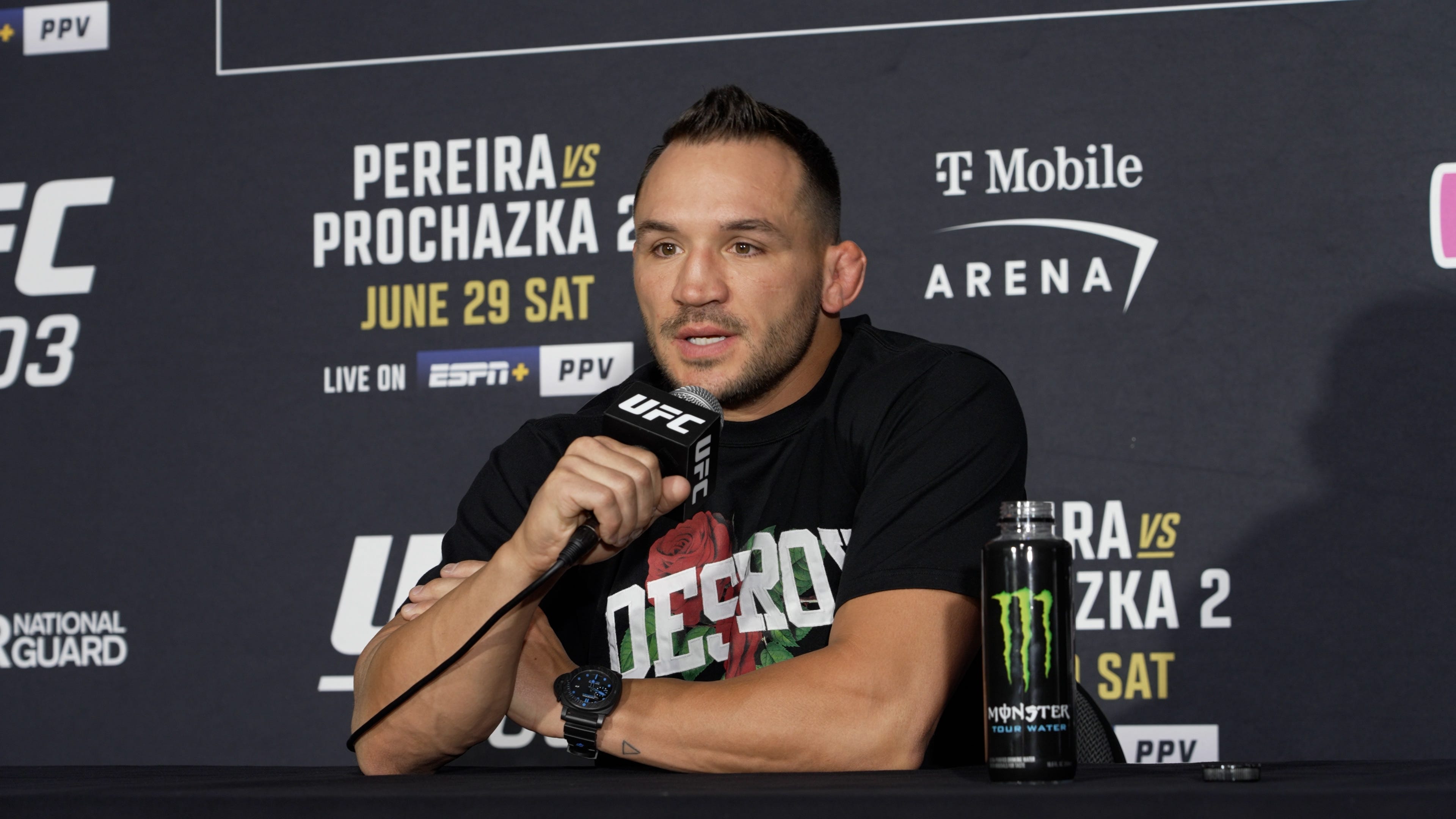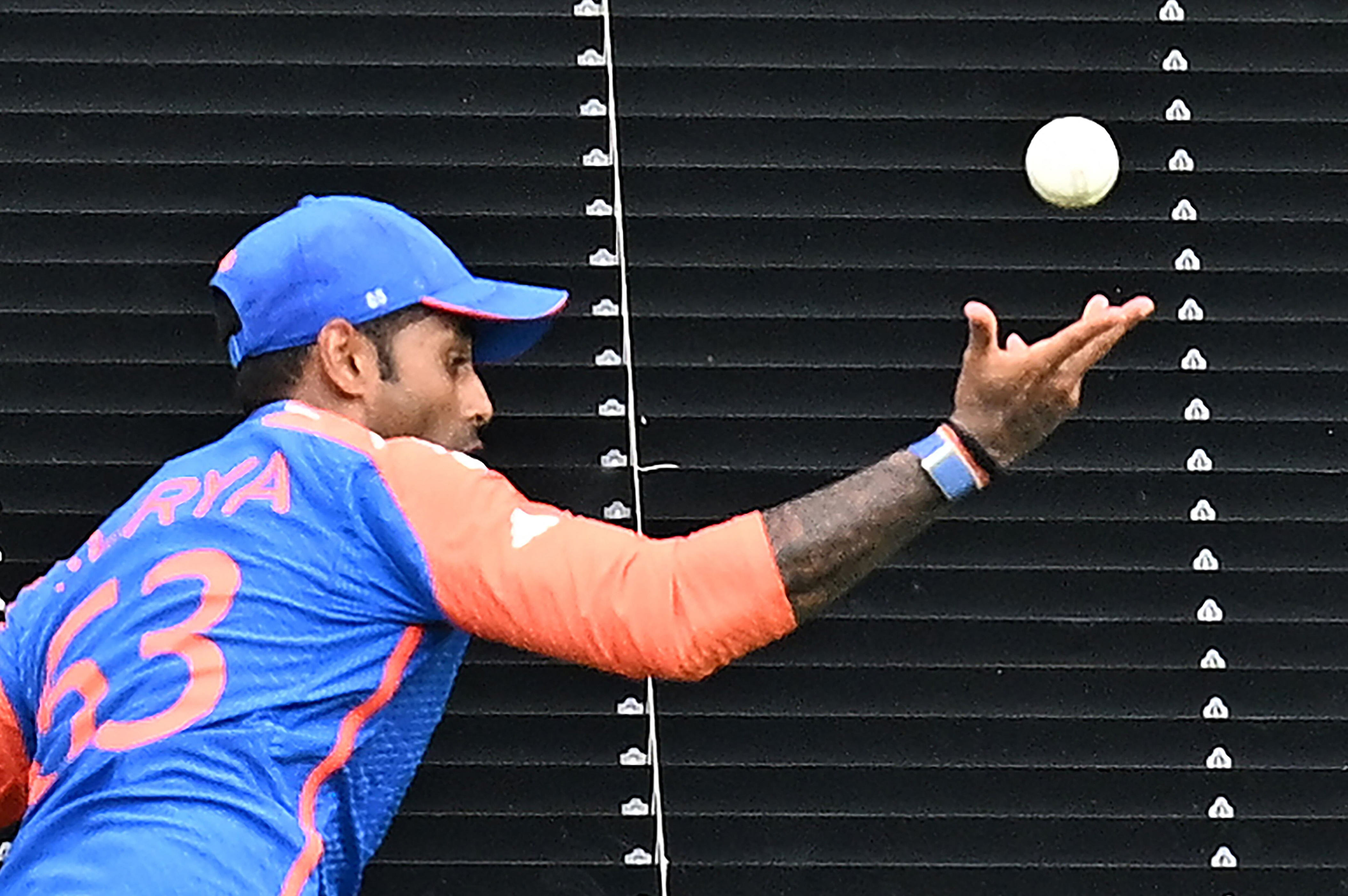
EURO 2024: TACTICAL FREEDOM, UPSETS AND GREAT GOALS LIGHT UP THRILLING GROUP STAGE
The first stage of Euro 2024 came to a close late on Wednesday with a series of uninvited guests hurtling around on the turf of the Volksparkstadion in Hamburg, side-stepping security marshalls. Pitch invasions have been a sporadic theme in Germany through an event captivating a vast share of global TV audiences. It can look unruly. If it’s not rogue spectators, wanting to congratulate compatriots or merely to touch Cristiano Ronaldo, it’s plastic cups being thrown from the grandstands.
Much of the unruliness can be explained by impetuous exuberance, better reflections of which have taken place by those entitled to be on Euro 2024’s pitches, the stars and not-yet-stars who have reminded that one of the virtues of country-versus-country tournament football is that it stimulates a spontaneity in its participants sometimes suppressed when they are on duty for their main wage-payers, their clubs.
At the most elite clubs, players tend to be under orders from domineering coaches who have sufficient time on the practice ground to plan each fixture in meticulous detail; the downside is that improvisation is strictly rationed.
Euro 2024 began with a whirl of caution-to-the-wind moments, at least if you judge by the frequency – and accuracy – of daring shots from distance, from Germany’s Florian Wirtz’s striking the first of the tournament’s 81 goals so far from just outside from the edge of the Scotland penalty area, to Turkey’s Mert Muldur and Arda Guler’s thumping contributions to a thrilling Turkey-Georgia, to Denmark’s Morten Hjulmand’s equaliser against England. The relatively high ratio of these sorts of long-range efforts attest to the theory that footballers, while on summer duty in their national jerseys, might risk adventurous things they would think twice about in the company of club colleagues whose runs they are tuned – and instructed – to pick out when they find themselves approaching the opposition penalty area.
Georgia stuns Portugal
Tournaments which embrace newcomers, such as Georgia – first-time qualifiers at the Euros – also carry the potential for extra surprise. And if one of the shock outcomes of the group phase, Georgia’s 2-0 win over Portugal, came with the caveat that the Portuguese fielded a much-changed XI, having already sealed top place in Group F before kick-off, it was still a famous win for the freshmen.
Ronaldo played most of it, for the losing side, after all. Three games in, CR7 now confronts the reality that he is one of an illustrious list of high-class career goalscorers at these Euros trailing the leading marksman, Georgia’s Georges Mikautadze. It has not been a fruitful tournament so far for famed centre-forwards, as Harry Kane and Romelu Lukaku would bear witness.
Mikautadze’s goals, and Giorgi Mamardashvili’s goalkeeping have made Georgia the fairytale so far. They only qualified for these finals via the lowest-tier Uefa Nations League play-off route, and are into the next round, where they will play Spain, the only country so far with a 100 per cent winning record.
That fact testifies to a strong competitive level, despite perceptions that the Euros expansion to 24 countries – up from 16 as of 2016 – and a system that allows four third-place group finishers to progress would dilute its sharp edge. The so-called minnows have put into stark relief the flaws of so-called masters.
'We had nothing to lose'
Pre-tournament favourites France have dropped points, and finished second in their group; much-fancied England have toiled through two anxious draws. Germany needed a stoppage time goal from Niclas Fullkrug to avoid losing to Switzerland; title-holders Italy required a 98th minute thunderbolt from Mattia Zaccagni against Croatia to avoid elimination at the first hurdle. Belgium would now be on their way home had Ukraine not fluffed a late chance in the dying embers of the last Group E clash.
England, Belgium and to a degree Italy have looked burdened by the weighty expectations they brought into the tournament. The freedom from that sort of pressure has liberated the likes of Georgia, their head coach Willy Sagnol, once a France international, admitted after his country’s historic arrival in the last 16.
“When you’re the little team in the tournament, you have nothing to lose,” smiled Sagnol. “Whatever happened, we didn’t want to regret not having enjoyed ourselves or not been true to ourselves.
“We don’t have a weight on our shoulders. It’s harder if you are France, or Spain or Portugal, because it’s assumed you’ll win. Our sole duty was to make Georgians proud. I think we’ve done that.” The scenes around the stadiums where thousands of Georgians have supported their flag-bearers tell Sagnol he is right.
Euro 2024 - Team of the group stage
The scenes after England had laboured to a 0-0 draw with Slovenia, their manager Gareth Southgate jeered and targeted by a few disposable plastic missiles as he applauded travelling fans, suggested that too much pre-Euros hope can indeed sap at the spirits of heavyweights. England are playing in “a unique environment”, reckons Southgate of the pressure bearing on his team, whose attacking options include the standout stars of last season’s Bundesliga – Bayern Munich’s Harry Kane; La Liga – Real Madrid’s Jude Bellingham; and the Premier League – Manchester City’s Phil Foden.
Slovenia kept all of them at bay, en route to qualifying, a landmark for another of Europe’s smaller states. It has been a good two weeks for a few of the less reputed nations from the continent’s east, but a dispiriting tournament for some of the traditional standard-bearers. Poland, without a fit Robert Lewandowski until it was too late, are out. So are Czech Republic, their fractious last-matchday loss to Turkey ending in recriminations with the referee and a flurry of cards; and Serbia.
And, in what has the scent of an era ending, there was an early exit for Luka Modric’s Croatia, silver and bronze medallists at the last two World Cups. It has not been a happy Euros for former Al Ain coaches. Ukraine’s Sergei Rebrov joined Croatia’s Zlatko Dalic in lamenting the narrow margins between elimination and survival, Ukraine finishing bottom of Group E with four points, usually sufficient to go through, Dalic ousted by that very late Zaccagni goal.
Dalic thought too much stoppage time had been allowed in that fateful fixture. Belgium’s coach Domenico Tedesco meanwhile was furious at his players having too little time to warm up and hear his pre-Ukraine team-talk, blaming long delays on the route from hotel to stadium. There have been loud complaints throughout from spectators about transport and organisation issues. When managers or players remark on them, it makes bigger headlines.
What with the crowd control issues, the slow trains and traffic, and heightened concerns over security barely concealed, these Euros have looked, at times, unwieldy. Modern football tournaments, forever increasing the volume of matches and the number of participants, often appear so. But the instinct to expand is relentless. In two summers time, the first 48-nation World Cup will be taking over North America. Georgia, for one, will be all the more confident they can be there.
2024-06-27T15:31:19Z dg43tfdfdgfd
